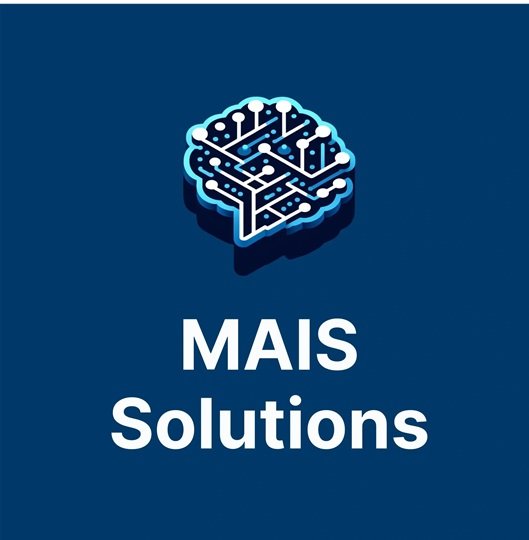Your cart is currently empty!
AI Tools You Should Know
Back to: MAIS AI Essentials
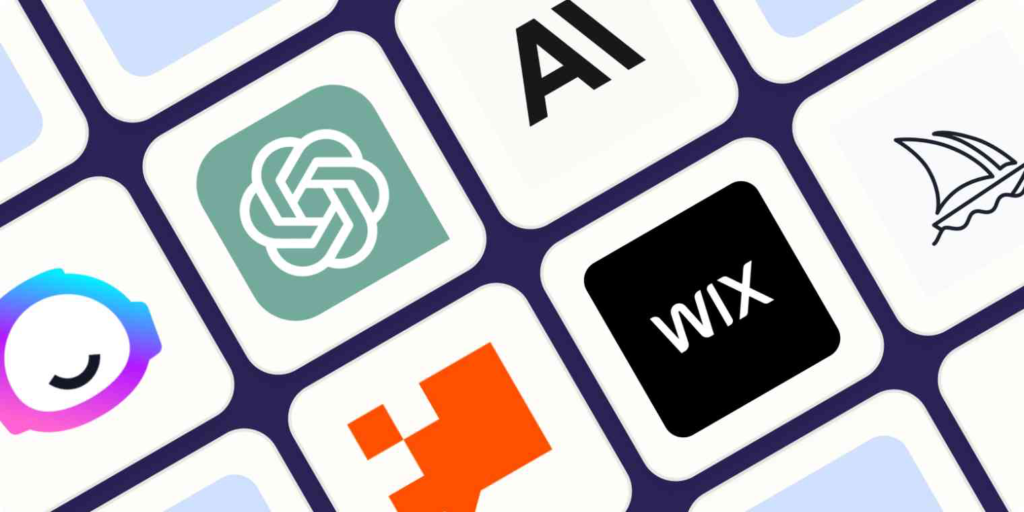
Data Analysis and Visualization Tools
Data analysis and visualization tools play a crucial role in helping businesses make sense of large datasets. These tools allow users to explore trends, gain insights, and make data-driven decisions with ease.
These tools illustrate how AI-powered platforms are transforming the way businesses approach data analysis and visualization, making complex datasets more accessible and actionable. Below are three essential tools that stand out in this category:
Tableau

Tableau is one of the leading data visualization platforms in the market. It enables users to transform raw data into interactive and shareable dashboards. Tableau’s drag-and-drop interface makes it user-friendly, even for those without a technical background. Businesses use Tableau to visualize sales performance, monitor KPIs, and identify market trends, making it a versatile tool for decision-making.
Qlik Sense
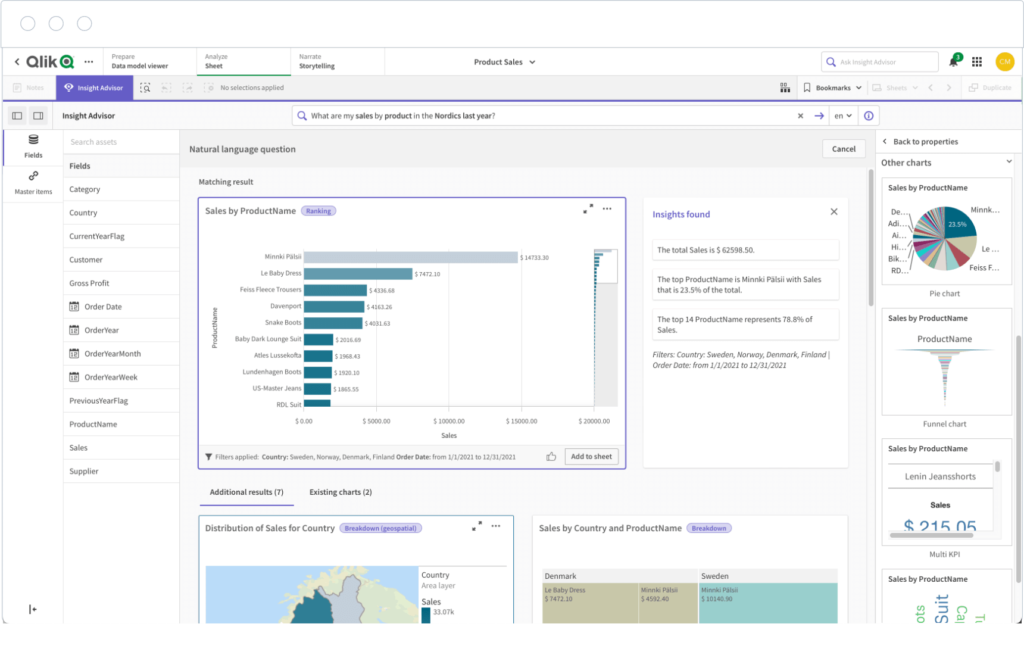
Qlik Sense is another powerful tool for visual analytics. It emphasizes user-friendly data exploration and allows for dynamic, interactive dashboards. Unlike some traditional tools, Qlik Sense leverages its associative engine to provide instant insights by connecting various data points. This makes it particularly useful for organizations looking to uncover hidden patterns or trends in their data.
Databricks

Databricks is a cloud-based platform that combines big data processing with artificial intelligence. It supports collaborative data science workflows, enabling teams to work together on machine learning projects and advanced analytics. Built on Apache Spark, Databricks is especially useful for handling massive datasets and conducting predictive analysis. It is widely used in industries like finance, healthcare, and e-commerce to drive innovation and efficiency.
AI Platforms for Development and Deployment
AI platforms provide the tools and infrastructure needed to build, train, and deploy AI models efficiently. These platforms are crucial for organizations aiming to harness the power of AI for automation, prediction, and decision-making.
These platforms demonstrate the versatility and power of AI when applied to development and deployment. They provide the backbone for organizations looking to innovate and integrate AI into their workflows, enabling everything from automation to advanced analytics. Below are some key players in this category:
Vertex AI
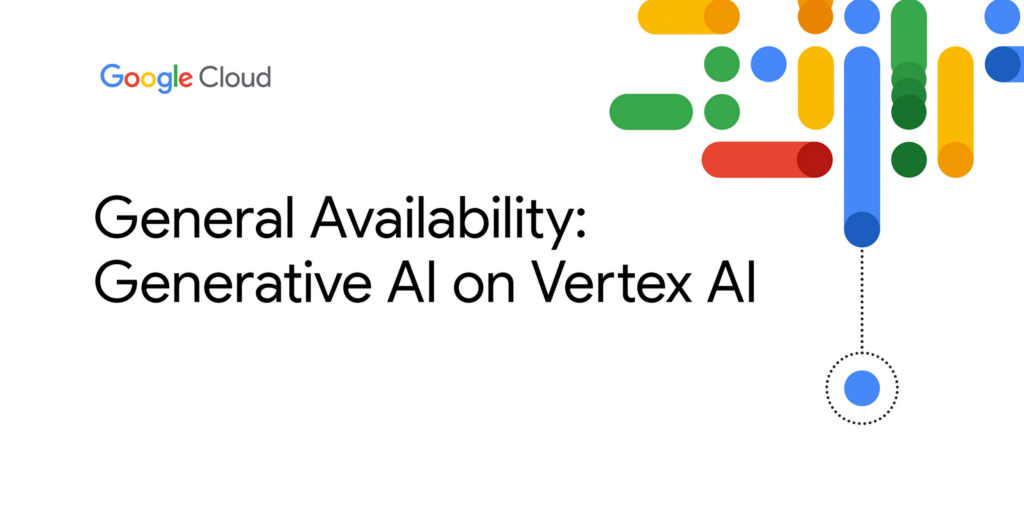
Vertex AI, developed by Google, is an integrated platform for machine learning. It simplifies the process of building and deploying scalable AI models by combining tools for data preparation, model training, and deployment in one place. Vertex AI is particularly valued for its AutoML capabilities, which allow even non-experts to build machine learning models with ease. Businesses use Vertex AI to power applications like predictive analytics, image recognition, and language processing.
Azure AI

Azure AI, Microsoft’s cloud-based platform, offers a wide range of AI tools and services. It includes pre-built AI models for vision, speech, and language tasks, as well as the ability to create custom AI models. Azure AI integrates seamlessly with Microsoft products, making it ideal for businesses already using tools like Excel or Power BI. Organizations rely on Azure AI for applications like chatbots, sentiment analysis, and document automation.
AWS AI
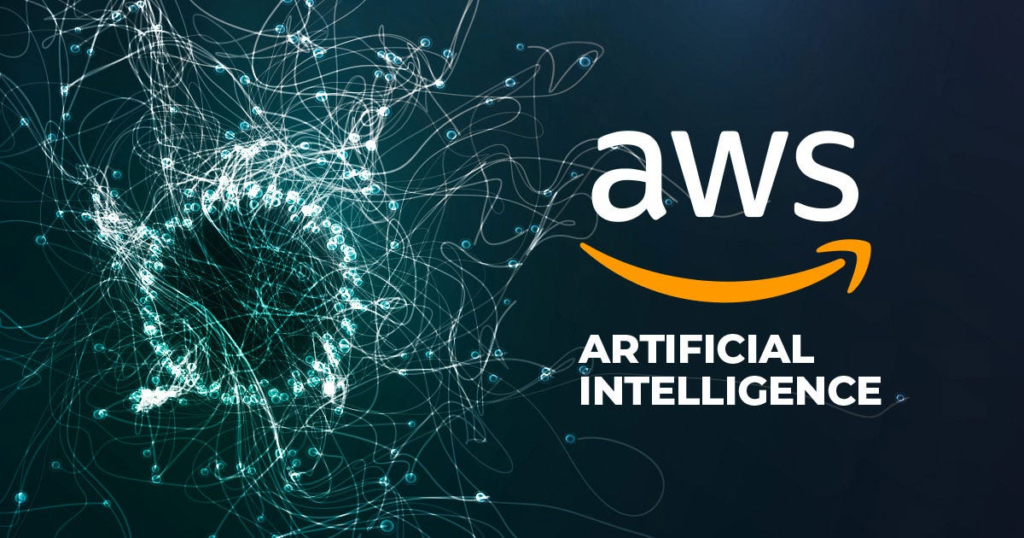
AWS AI is Amazon’s suite of AI and machine learning services. It includes tools like Amazon SageMaker for model training and deployment, as well as pre-trained services for tasks such as text-to-speech, translation, and fraud detection. AWS AI’s scalability makes it suitable for enterprises of all sizes, and it’s particularly popular for real-time data processing and personalized recommendations.
IBM Watson
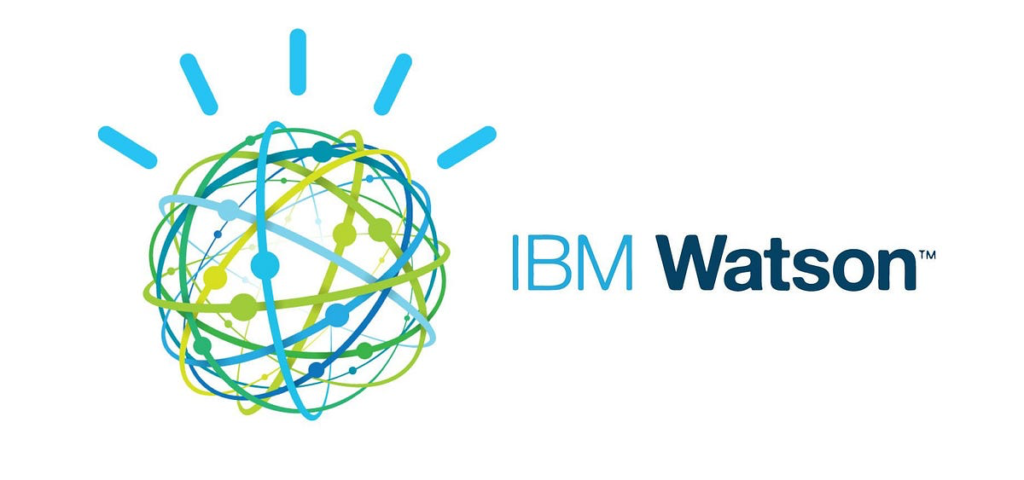
IBM Watson has been a pioneer in AI, providing tools for natural language processing, speech recognition, and predictive analytics. Watson’s ability to integrate with enterprise systems makes it a trusted choice for industries like healthcare, finance, and customer service. Businesses use Watson for applications ranging from analyzing unstructured text to building intelligent virtual assistants.
C3AI
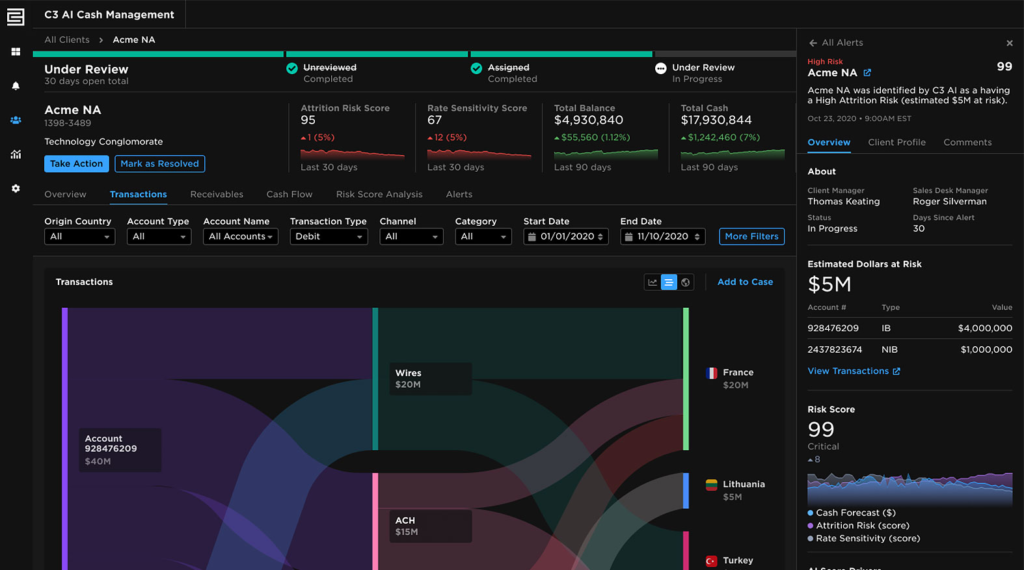
C3AI specializes in large-scale enterprise AI applications, particularly in industries like energy, defense, and supply chain management. It offers pre-built AI solutions for predictive maintenance, fraud detection, and inventory optimization. C3AI’s focus on scalability and integration with existing enterprise systems makes it a preferred choice for companies with complex operational needs.
Generative AI Tools
Generative AI tools are revolutionizing how content is created, enabling users to generate text, images, and even presentations with minimal effort. These tools have applications in industries ranging from marketing and design to customer engagement and beyond.
Generative AI tools are making it easier than ever to produce high-quality content across various media, enabling businesses and individuals to focus on strategy and creativity while automating the production process. These tools are transforming industries by reducing costs, saving time, and fostering innovation. Below are some of the most notable generative AI tools:
ChatGPT
ChatGPT, developed by OpenAI, is a conversational AI tool designed to generate human-like text. We all know it at this point! It’s widely used for tasks like content creation, customer support, and brainstorming. Businesses use ChatGPT to automate responses in chatbots, draft emails, and assist with creative writing, saving time and resources while maintaining a natural conversational tone.

Midjourney

Midjourney is an AI-powered platform for creating visually stunning art and graphics from textual descriptions. It’s popular among designers, marketers, and artists for generating high-quality visuals for advertisements, social media, and creative projects. Midjourney enables users to transform abstract ideas into polished, professional images without requiring graphic design expertise.
Gamma
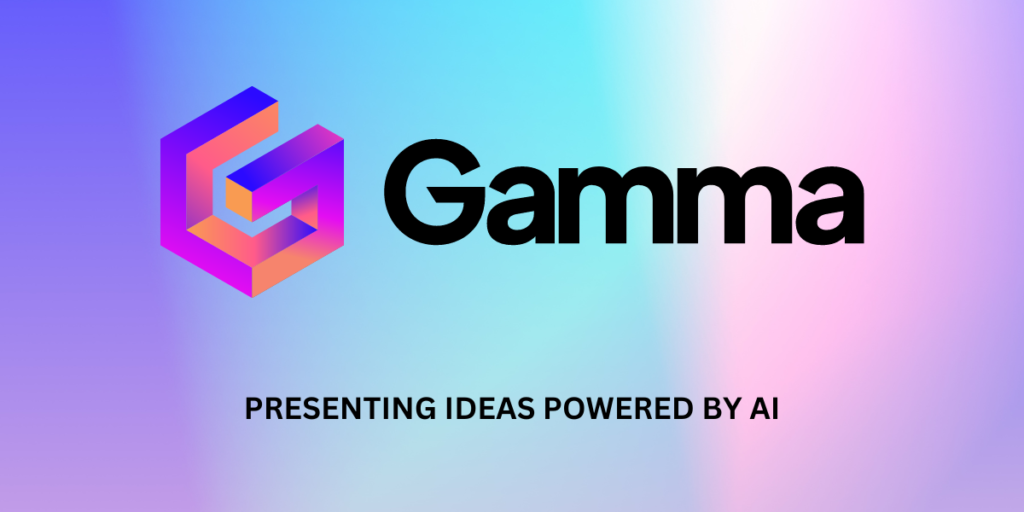
Gamma is an innovative tool designed for generating presentations, documents, and visual stories. It simplifies the process of creating engaging, visually appealing content by leveraging AI to arrange layouts and design elements. Professionals use Gamma to streamline their workflow, especially when preparing reports or pitches.
Noem
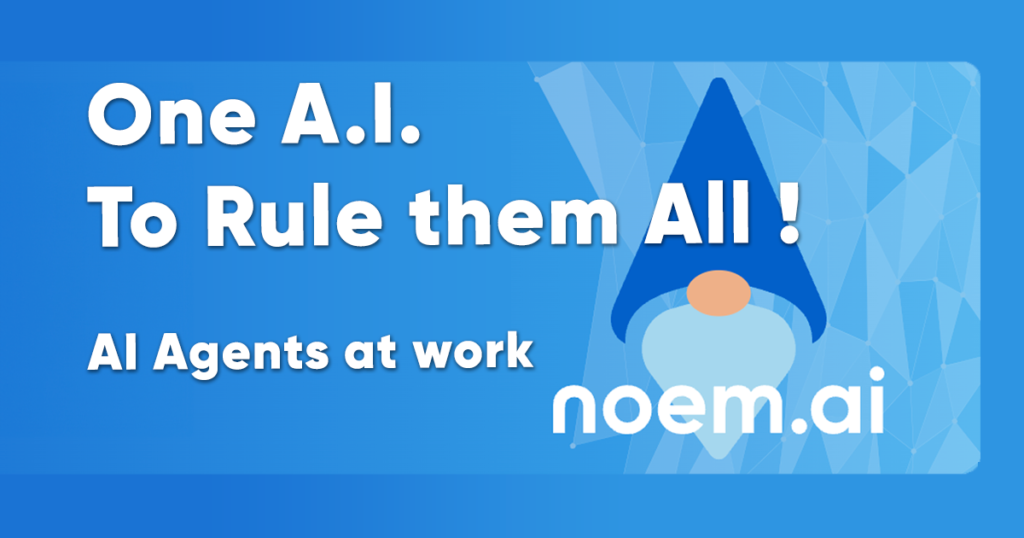
Noem.ai is a creative AI tool specializing in generating advertising content and creative assets. It’s particularly useful for marketing teams looking to produce high-quality copy, visuals, or campaign ideas quickly. By streamlining the creative process, Noem.ai helps businesses maintain consistency and innovation in their branding.
Specialized AI Applications
Specialized AI tools are designed to address specific industry needs, providing tailored solutions that leverage AI to solve complex challenges. These tools are used in diverse fields, including defense, healthcare, and supply chain management. Here are some key examples:
Palantir

Palantir is a data integration and analytics platform used by industries such as defense, finance, and healthcare. It excels at managing and analyzing large, complex datasets, making it a powerful tool for tasks like predictive maintenance, fraud detection, and operational optimization.
Nvidia
Nvidia is best known for its cutting-edge hardware and software for AI applications. Its GPUs power deep learning models, enabling advancements in areas like autonomous vehicles, graphics rendering, and simulation. Nvidia’s AI platforms are used in industries from gaming to scientific research.

Biz4Group

Biz4Group specializes in providing custom AI solutions tailored to business needs. They integrate AI into Internet of Things (IoT) applications and enterprise systems, enabling smart operations in fields like manufacturing, retail, and logistics.
Grok AI

Grok AI is a specialized tool for cybersecurity and IT management. It detects anomalies, predicts potential threats, and optimizes system performance, making it essential for businesses focused on maintaining secure and efficient operations.
Specialized AI applications demonstrate the versatility of AI, showing how it can be adapted to solve unique challenges in specific industries. These tools highlight the growing influence of AI in shaping the future of specialized fields.
Consumer and General Use AI Tools
Consumer and general-use AI tools bring AI into everyday life, making advanced technologies accessible to individuals and small businesses. These tools enhance productivity, simplify tasks, and provide personalized experiences.
Apple Intelligence

Apple Intelligence is designed for seamless integration into the Apple ecosystem, providing intelligent messaging and virtual assistance. It helps users with tasks like setting reminders, sending messages, and retrieving information, all within Apple’s intuitive interface.
Claude

Claude is an AI-powered conversational assistant designed to boost productivity. It’s used for managing tasks, generating content, and answering complex queries, offering a blend of usability and intelligence similar to ChatGPT.
AI George
AI George is a conversational AI tool focused on assisting businesses with inquiries and decision-making. It provides fast, reliable support for tasks such as data retrieval, report summaries, and strategic planning.
Nebius

Nebius is a general-purpose AI platform that enables businesses to deploy scalable AI and machine learning solutions. It’s particularly suitable for smaller organizations looking for cost-effective, user-friendly AI capabilities.
These tools highlight how AI is being democratized, offering powerful capabilities to individuals and small businesses. From managing daily tasks to enhancing customer interactions, consumer AI tools make advanced technology a part of everyday life.
Copyright 2024 Mascatello Arts, LLC All Rights Reserved
